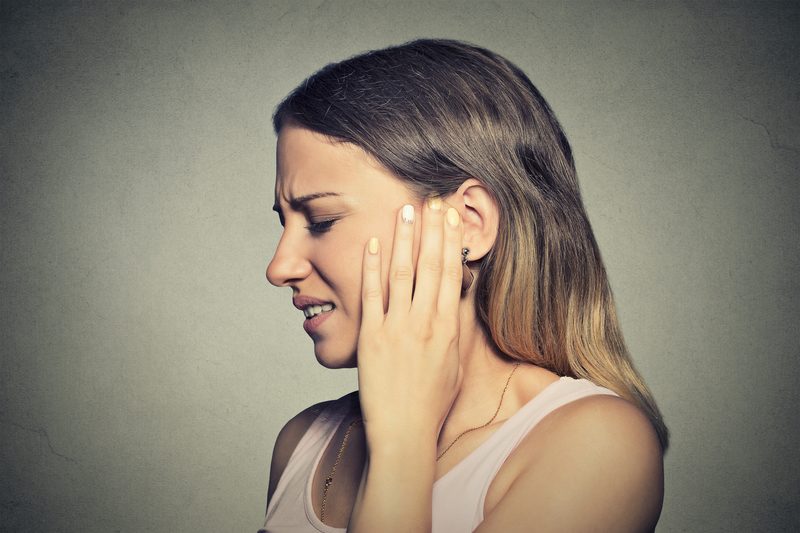10 Ways Motion Sickness Could Indicate Serious Health Problems
2. Other Balance Disorders

Labyrinthitis is a balance disorder that occurs when there is an infection or inflammation in the inner ear that causes loss of balance or dizziness. It is common during upper respiration infections like the flu. Ménière's disease involves episodes of hearing loss, vertigo, a ringing in the ear, and a feeling of fullness or water in the ear. It is due to a change of fluid in the labyrinth. A perilymph fistula occurs when there is a leakage of fluid in the inner ear into the middle ear. It causes feelings of unsteadiness with activity and may eventually lead to nausea and dizziness.
1. Treatment

Although motion sickness usually stops when the repetitive motion ceases, some people experience symptoms for hours or even days later. Looking out the window of a moving vehicle may help reduce symptoms by reaffirming visual motion. Taking a nap or closing the eyes may also help prevent psychogenic effects, as well as chewing gum. Medications such as antihistamines and nervous system blockers are available in pill or patch form. Getting fresh air or focusing the eyes on an object straight ahead may also help.
